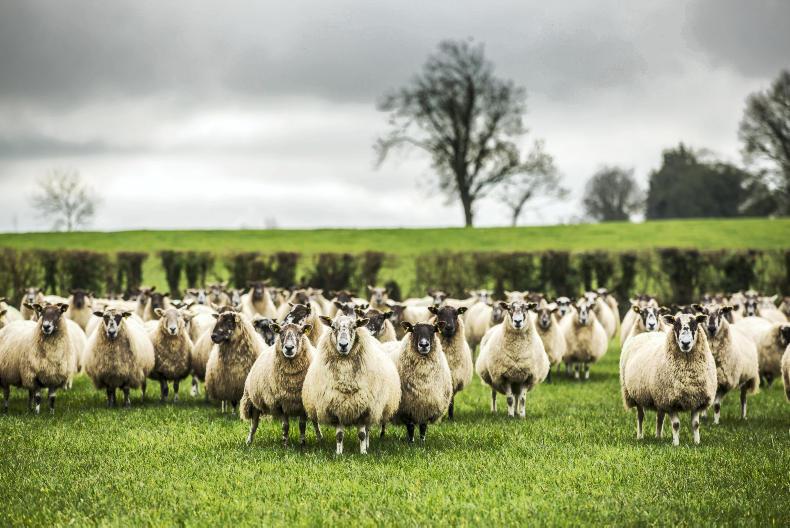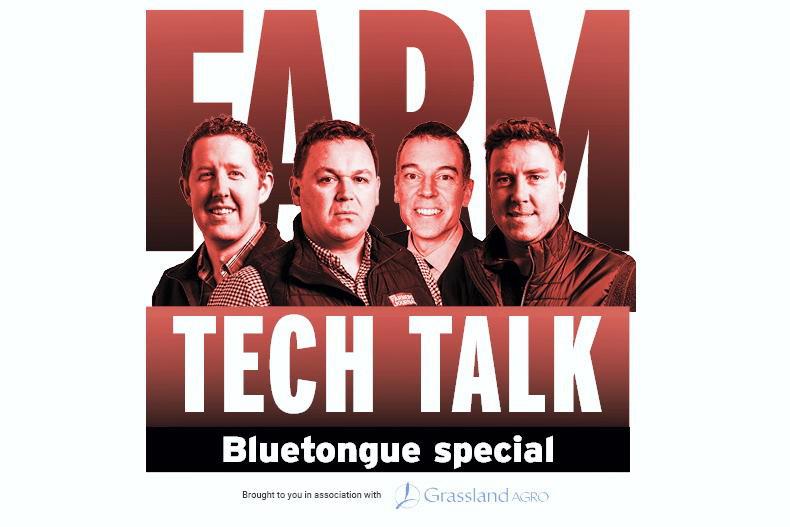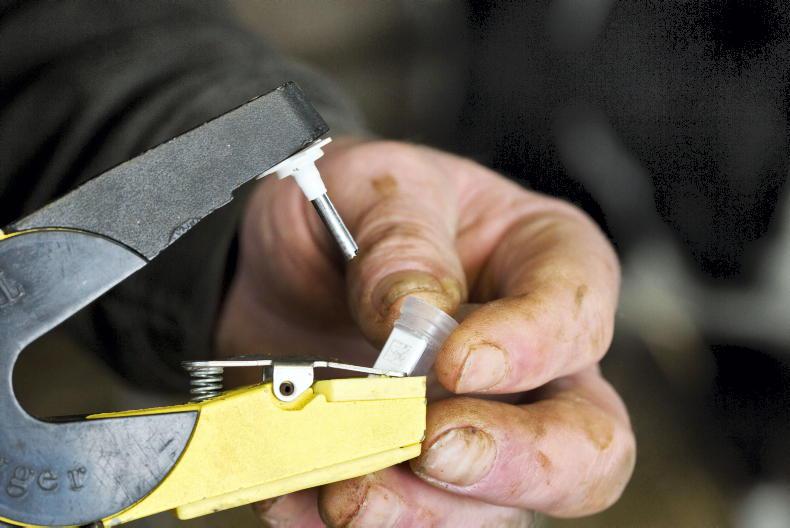“People who take dogs as pets have to take on the responsibility that goes with that. If dog owners saw the destruction an attack causes, they would have a very different mindset,” IFA national sheep chairman Sean Dennehy has said.
“Unfortunately, there are too many people who casually take on a family pet, particularly for Christmas, who are not prepared to devote the time to responsible dog ownership.”
As part IFA’s general election submission, we are looking for a targeted direct payment of €30 per ewe.
To combat the scourge of dog attacks, we have identified the following measures:
A properly-funded dog warden service in every county.Micro-chipping of all dogs should be mandatory and properly implemented.A central database managed by a government department.The national sheep flock is currently at 2.5m ewes.
“Marauding dogs are a nationwide problem for sheep farmers. Dog owners can be held responsible for any losses from attacks on sheep, with serious financial and legal consequences. Farmers have a right to protect their sheep flock and can shoot a dog worrying, or about to worry, their flock,” Dennehy said.
Statistics gathered by IFA indicate that the problem may be in the range of 300-400 attacks each year, with 3,000 to 4,000 sheep injured and killed. Data shows an average of 11 sheep killed or injured per attack.
Dennehy reminded all dog owners, including farmers, that it’s a legal requirement to microchip and register their dogs.
He said under the Animal Health and Welfare Act, all dogs must be microchipped and registered on an authorised database since March 31 2016.
The IFA protocol is designed to help farmers who encounter a dog attack on their sheep flock. It’s an easy-to-follow guide, covering what to do following a dog attack or sheep kill.
“Based on the feedback IFA gets from farmers who have had to deal with a dog attack on their flock, one of the biggest problems is the lack of information on what they should do, who they should contact and where can they get help.”
The IFA protocol deals with these basic questions and outlines important aspects of the law and how the dog warden service and gardaí can help. It also sets out how to keep a full record of the attack, which can be used as evidence at a later stage.
“People who take dogs as pets have to take on the responsibility that goes with that. If dog owners saw the destruction an attack causes, they would have a very different mindset,” IFA national sheep chairman Sean Dennehy has said.
“Unfortunately, there are too many people who casually take on a family pet, particularly for Christmas, who are not prepared to devote the time to responsible dog ownership.”
As part IFA’s general election submission, we are looking for a targeted direct payment of €30 per ewe.
To combat the scourge of dog attacks, we have identified the following measures:
A properly-funded dog warden service in every county.Micro-chipping of all dogs should be mandatory and properly implemented.A central database managed by a government department.The national sheep flock is currently at 2.5m ewes.
“Marauding dogs are a nationwide problem for sheep farmers. Dog owners can be held responsible for any losses from attacks on sheep, with serious financial and legal consequences. Farmers have a right to protect their sheep flock and can shoot a dog worrying, or about to worry, their flock,” Dennehy said.
Statistics gathered by IFA indicate that the problem may be in the range of 300-400 attacks each year, with 3,000 to 4,000 sheep injured and killed. Data shows an average of 11 sheep killed or injured per attack.
Dennehy reminded all dog owners, including farmers, that it’s a legal requirement to microchip and register their dogs.
He said under the Animal Health and Welfare Act, all dogs must be microchipped and registered on an authorised database since March 31 2016.
The IFA protocol is designed to help farmers who encounter a dog attack on their sheep flock. It’s an easy-to-follow guide, covering what to do following a dog attack or sheep kill.
“Based on the feedback IFA gets from farmers who have had to deal with a dog attack on their flock, one of the biggest problems is the lack of information on what they should do, who they should contact and where can they get help.”
The IFA protocol deals with these basic questions and outlines important aspects of the law and how the dog warden service and gardaí can help. It also sets out how to keep a full record of the attack, which can be used as evidence at a later stage.









SHARING OPTIONS